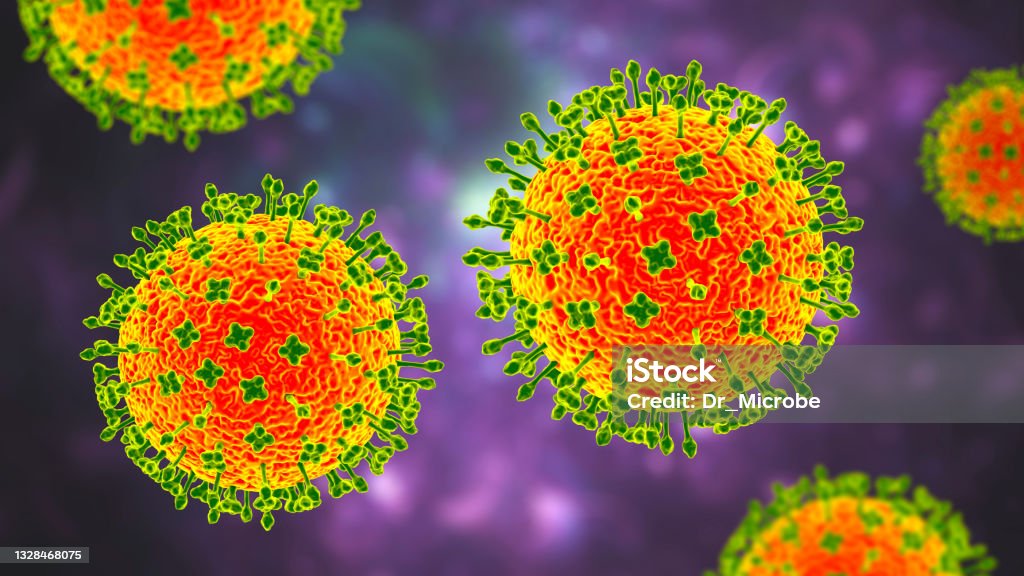Bansri Shah, Pune
The state of Kerala is facing the Nipah virus once again, marking the fourth occurrence of its outbreak since 2018. As of now, there have been five reported cases and two deaths in Kozhikode. Approximately 700 individuals have been in contact with the infected patients and have been tested, with around 77 of them falling into the high-risk category, as stated by Kerala’s Health Minister, Veena George. With the state government implementing containment zones and restrictions to curb the virus’s spread, concerns have arisen due to the extensive contact list of these patients.
Nipah is a zoonotic virus capable of spreading from infected animals or contaminated food to humans. And then, it can be transmitted from one infected individual to another. Fever, headaches, cough, breathing difficulties, and vomiting are some of its symptoms. In severe instances, these symptoms can progress to brain swelling, potentially resulting in brain death.
The Nipah strain found in the outbreak of 2023 is the Bangladeshi variant, which is less contagious but carries a higher risk of mortality. However, there is also a need for vigilance. The minister mentioned the establishment of a 19-member core committee, call centers, and a control center in Kozhikode district. Additionally, medical college facilities in the area have been equipped with isolation units, ventilators, and ICU capabilities.
The state government, too, has initiated preventive measures and disease management protocols in response to Nipah. Following the outbreak, Kozhikode has declared restrictions by banning gatherings of a large number of people. 58 wards and seven village panchayats of the district have been declared containment zones. The state government is actively conducting thorough contact tracing and surveillance efforts. The routes taken by the two patients who died have been made public to discourage people from taking those routes. The Health Minister has also encouraged the public to wear face masks and visit hospitals only when absolutely necessary. Health workers have also been instructed to follow the infection-control protocol to prevent the spread of the virus within them. There have also been checkpoints established in neighboring areas and districts to inspect goods, like fruits, entering from Kerala.
“There is no need for any apprehension. We can all together deal with the issue with caution,” said the Health Minister of Kerala.
While there is no cure for the virus yet there are efforts underway. Samples of the virus are being sent to the National Institute of Virology (NIV), Pune. Dr. Bharati Pravin Pawar, the Union Minister of State for Health and Family Welfare, has examined the actions taken to control the Nipah outbreak. She also visited NIV, Pune to assess the level of readiness in dealing with the outbreak.
